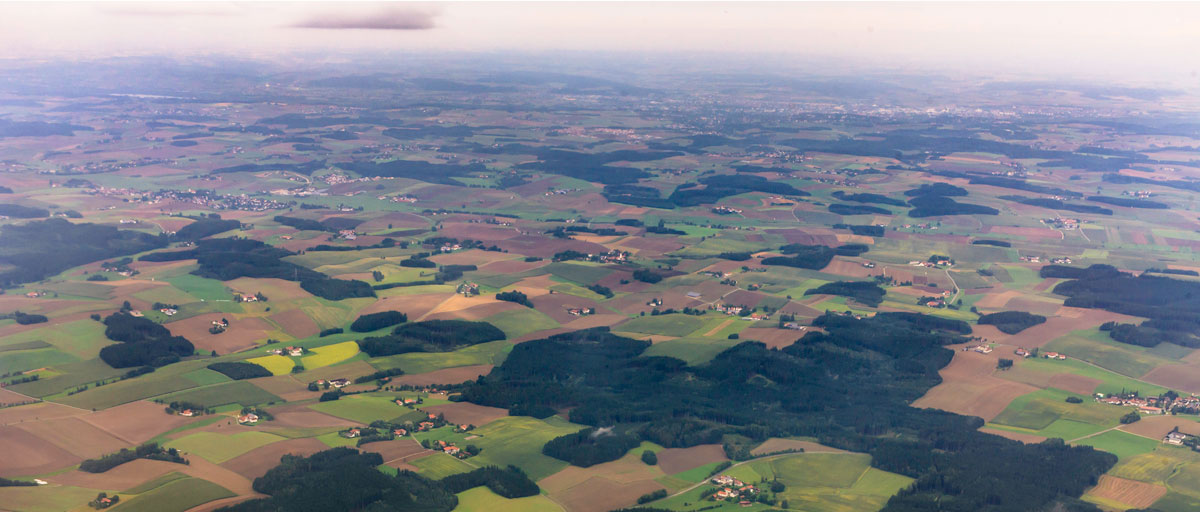Anatomy and resilience of the global production ecosystem
Summary
Much of the Earth’s biosphere has been appropriated for the production of harvestable biomass in the form of food, fuel and fibre. Here we show that the simplification and intensification of these systems and their growing connection to international markets has yielded a global production ecosystem that is homogenous, highly connected and characterized by weakened internal feedbacks. We argue that these features converge to yield high and predictable supplies of biomass in the short term, but create conditions for novel and pervasive risks to emerge and interact in the longer term. Steering the global production ecosystem towards a sustainable trajectory will require the redirection of finance, increased transparency and traceability in supply chains, and the participation of a multitude of players, including integrated ‘keystone actors’ such as multinational corporations.







